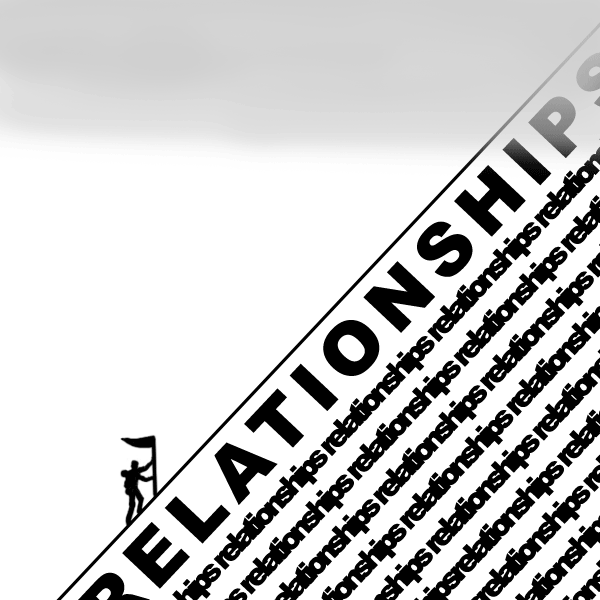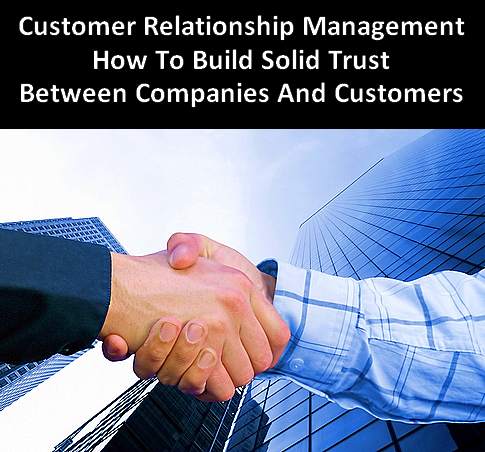
1. I will be happy by having goals and letting go of attachment to outcomes
2. I strive to live and "be" in the present
3. I love, accept, and trust myself
4. I focus on connecting, not results; a partner is someone to love, not an object or a goal
5. I strive to be authentic; being fully honest with myself and others, aligning my words, values, and actions
6. I strive to live my life with intentionality; making choices conscious of my goals and consequences
7. I strive to take the necessary risks, overcome my fears, and stretch my comfort level to reach my goals
8. I assume abundance; all the opportunities and resources that I need will appear
9. I take responsibility for my outcomes by taking initiative in my life and relationships
10. What others judge about me is about them; I strive to let go of what others think and not take it personally she wanted to be with someone who was on the same path. Still, she wondered if she was being a little harsh. It was only their first date, after ail Maybe Richard didn't feel ready to Open up and reveal all his future dreams.
She felt another red flag as they talked about dating. Although Dorothy didn't reveal that Richard was her very first date, she did say that she'd joined the dating service less than a month ago.
Richard added, "Finding a woman by the end of the year is my goal! I sure don't want to grow old alone."
Dorothy didn't want to grow old alone, either, but look at his attitude! Finding a woman was his goal, as if she were a trophy. Was Richard looking for a lifelong partner, or just a woman to crawl into bed with at night?
"I don't think anyone wants to grow old alone," Dorothy agreed, trying not to be reactive. "Yet, I would rather be alone than settle for a situation in which I was unhappy."
Richard nodded and said, "I just can't tell you how much I miss coming home to a woman! Night after night, I walk into a dark house, and it just eats at me."
Dorothy leaned over the table, ready to point out to Richard how desperate he sounded. Instead, she took a sip of ice water and kept her thoughts to herself. Her objective here was not to correct Richard. Being authentic to herself, she knew that she wanted to be with a man who shared her vision for a committed relationship.
"A penny for your thoughts?" Richard said.
"Oh, I was just thinking about how men and women in our society often relate to each other."
"What do you mean?" Richard asked.
"I think that, in part due to the influence of the media, men and women often objectify each other by focusing on the outside package, whether it's about one's age or one's looks."
"I'm following you," Richard said, "In my own past, I feel like some women have focused on the material things about me, like my business or income, rather than getting to know the real me. For example, I've dated a couple of women who were definitely attracted to me because I earned over two hundred thousand dollars a year, owned a house, and vacationed in Hawaii."
"And did you feel that you were objectifying these women, too?" Richard's chest jutted forward. "Perhaps I was," lie admitted. "Both were much younger than me and very attractivethey had previously been models."
Richard looked away from the table, as if he were envisioning those young beauties again. The expression on his face made Dorothy feel defensive.
Then Richard looked back at her. "Neither relationship lasted more than a few months. We really didn't have much in common, and it was clear that we didn't share the same values."
"I think it's normal to respond eagerly when we feel attracted to someone," Dorothy said, feeling less defensive now that Richard was opening up. "That chemistry thing is very powerful, if you know what I mean."
They both laughed out loud.
Dorothy wanted to ask Richard more questions - previously, had he only been looking for a certain package in a woman? Was he still in that mind-set? Bui she felt careful about getting TOO personal TOO quickly, since this was only their first date. Dorothy was well aware of the fact that she herself could fall into a sort of Scarcity Trap. There were days when she felt like she was get-
ting too old, and her supply of possible partners was running out. But then, she caught herself No, she was not going to settle for less just so she wouldn't be alone.
After chatting for over an hour, Richard asked Dorothy if she wanted to share some dessert. They decided on cheesecake. In between spoonfuls, their conversation grew lighter. At 5 p.m., they rose from the table and walked outside. Dorothy thanked Richard and added,
"I would lore to take you up on your original offer for dinner some night!"
"I'd be delighted," Richard said.
Although she felt cautious-there were some red flags about Richard-it also seemed too early to judge. Getting to know him a little better seemed fair, and she had really enjoyed their conversation.
Getting back into her car, Dorothy smiled. She was proud of herself for passing her first day of relationship boot camp,









